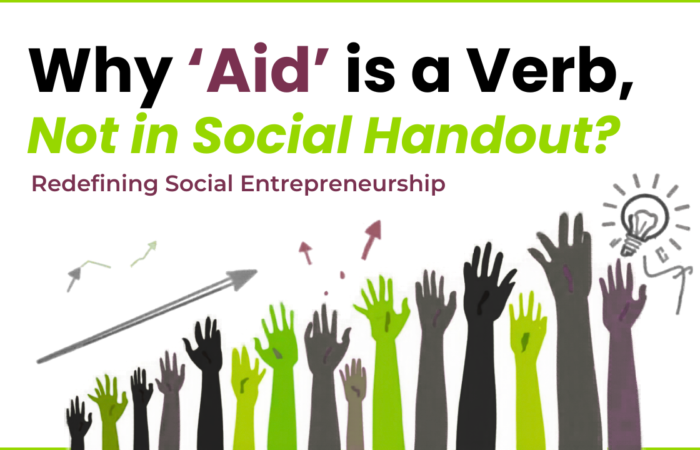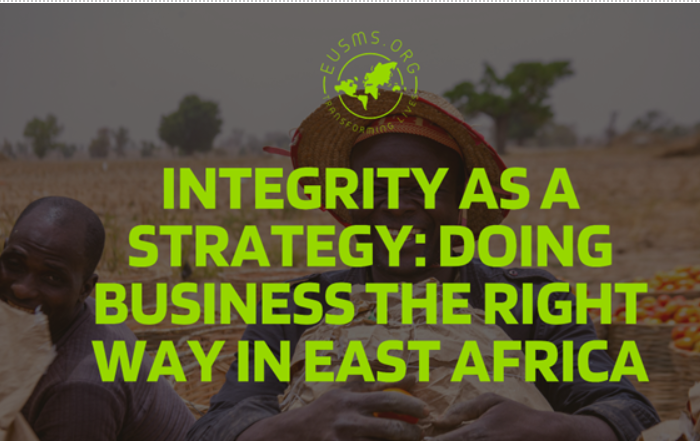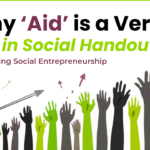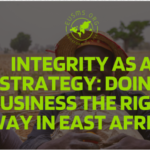The narrative of the African entrepreneur is powerful. It is a story of grit, innovation, and an unwavering belief in the future. However, as the world takes notice of Africa’s growing economic strength, the definition of “success” must evolve.
It’s time to look beyond the balance sheet. The true cost of a thriving business is not just measured by the capital it raises or the revenue it generates; it is fundamentally measured by the prosperity it creates for the community that nurtures it.
The Flaw in the “Lone Genius” Approach
For too long, the global business world has celebrated the myth of the lone entrepreneurial genius who builds a fortune in isolation. In the East African context, this idea is simply incomplete. A business is a living entity inextricably linked to its surrounding environment.
A startup that fails to hire local talent or support the local supply chain is inherently a fragile one. The successful enterprise understands that its destiny is tied to the strength of its neighbors. The strategic investment in the local area, whether through procurement or job creation, builds a powerful ecosystem of loyalty, local capacity, and shared growth that acts as a sustainable foundation against economic shock. This approach ensures that the success is shared and, crucially, lasts.
The Pre-EUSMS Challenge: Gaps in the Ecosystem

Before the rise of specialized support organizations, the determined young entrepreneur in East Africa often faced a critical triangle of interconnected gaps that hindered sustained growth:
The Talent-Capital Disconnect: The ambitious university graduate had the innovation but often lacked the credit history or the collateral required by traditional financial institutions. The innovative idea routinely died not from a lack of market need, but from a lack of appropriate seed funding and the financial literacy to manage it.
The Knowledge-Application Gap: While the education from the universities provided strong theoretical knowledge, there was often a gap in practical application. The crucial skills, like navigating the tax structure, perfecting the market entry strategy, or managing the supply chain, were not always readily available, leaving the new venture vulnerable to early failure.
The Isolation Problem: Many entrepreneurs operated in isolation. They lacked the essential network of experienced mentors, peers for collaboration, and the established market linkages necessary to scale beyond the local village or the town. This isolation prevented the knowledge transfer that fuels rapid, ethical growth.
This situation led to a cycle where the individual business could briefly succeed, but the community remained locked in a struggle for resources and stability. The prosperity was fleeting, not enduring.
How EUSMS Defines True Impact

At EUSMS, our work is centered on providing the framework for this kind of ethical, deep-rooted success by directly addressing these historical gaps. We don’t just invest in the entrepreneur; we invest in the community through them.
Strengthening the Local Value Chain: When the entrepreneur we support purchases the resources from the local supplier and hires the graduates from the local universities in East Africa, every shilling is intentionally circulated within the regional economy. This is how the
collective wealth is built, ensuring that success is rooted firmly in the soil of the region.
Multiplying Prosperity: Our focused programs and essential funding teach leaders how to scale their social impact alongside their profit. For example, supporting a small agri-tech firm means simultaneously boosting the yield and the income for hundreds of surrounding farmers. The profit of the business becomes the rising tide for the entire community, uplifting everyone it touches.
Building a Lasting Legacy: The true legacy is not the founder’s name on a building. It is the sustainable job created, the skillset transferred, and the young talent inspired to launch the next powerful venture. We see the lasting change in the resilience and the self-sufficiency of the communities where our leaders operate, providing a genuine sense of hope and self-determination.
The Future is Collaborative
The future is Africa, and this future is collaborative. By strategically partnering with the universities and focusing our efforts on supporting the next generation of ethical entrepreneurs, we ensure that the momentum we build today translates into the enduring prosperity of
tomorrow.
When you support the community, the community supports your business. This partnership, this shared commitment to the common good, is the only metric of success that truly matters.
Author: Tina Paredes





